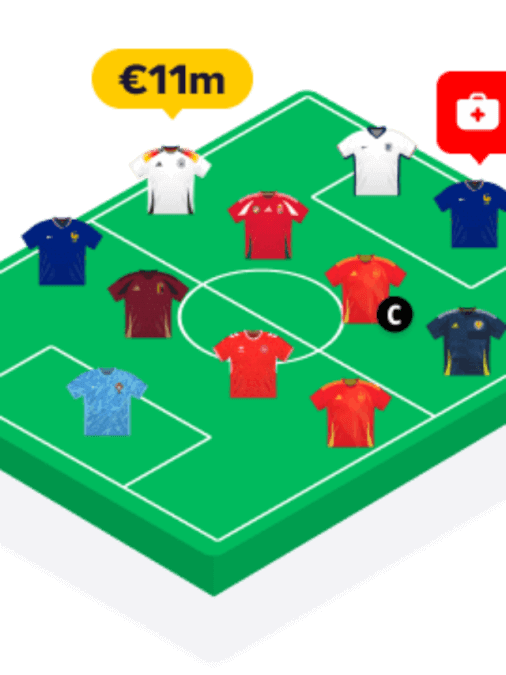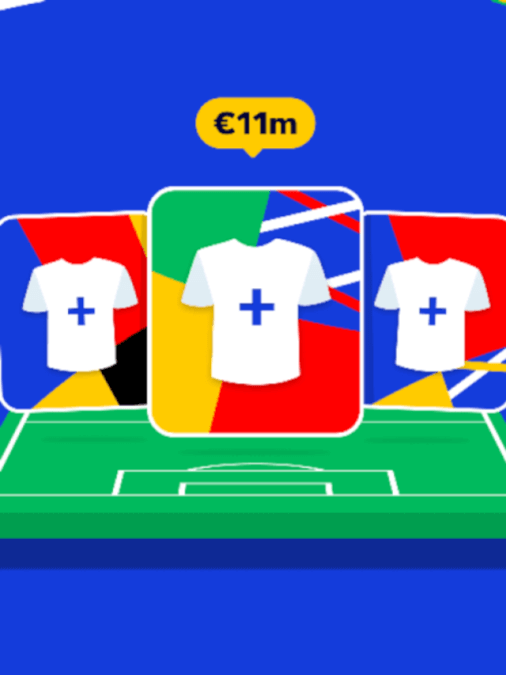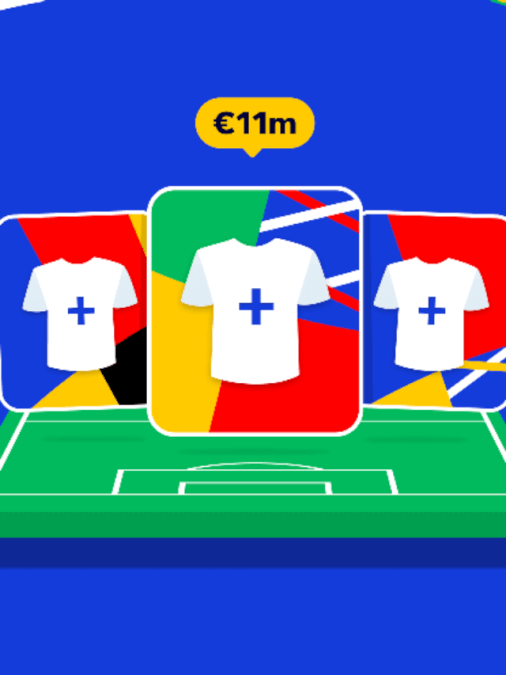After an intense game or training session, rehydrating properly is crucial for young athletes. Hydration impacts performance, recovery, and overall health.
In this article, we will explore why post-game hydration is essential, how to do it right, and how to make the most of our hydration calculator to ensure optimal recovery.
Why Hydration is Essential After a Game
Physical and Mental Recovery
Football can be physically demanding, leading to significant fluid loss through sweat. Dehydration can impact both physical performance and mental focus, making it essential to replenish lost fluids.
Proper hydration speeds up recovery and helps prevent injuries, allowing young athletes to bounce back stronger for their next game.
For further insight into how hydration affects mental focus, check out our article on the connection between nutrition and mental focus in young athletes.
Restoring Lost Fluids and Electrolytes
During a game, athletes lose not only water but also electrolytes like sodium and potassium. These minerals are crucial for maintaining the body’s balance and preventing muscle cramps.
Therefore, replenishing both fluids and electrolytes after the game is vital for recovery and readiness for future performance.
The Role of Water in Muscle Repair
Water plays a key role in transporting nutrients to muscles, which aids in their repair after intense activity. Adequate hydration helps to avoid muscle fatigue and soreness, enabling athletes to train harder and recover faster.
If you want to learn more about hydration during every phase of the game, explore our guide on how to stay hydrated during football matches.
How to Rehydrate Correctly Post-Game
Timing of Hydration
Starting rehydration immediately after the game is critical. The body can take time to recover, and fluid replenishment should begin within 30 minutes of finishing the game.
On average, it takes about 24 hours for the body to fully rehydrate, depending on factors like individual sweat rates and game intensity.
Water vs. Sports Drinks
When it comes to rehydrating, young athletes may wonder whether to drink water or sports drinks. For shorter games or practices, plain water is usually sufficient.
However, during longer or more intense games, sports drinks can help replace lost electrolytes. It’s important to choose options with lower sugar content to maintain overall health.
To find out when to drink sports drinks and the potential drawbacks, check out our article on hydration vs. sports drinks: what young athletes should know.
Hydration Calculator: Your Best Post-Game Tool
To ensure athletes rehydrate appropriately, our hydration calculator for young athletes is an invaluable tool. This calculator takes into account factors like weight, duration, and intensity of the game to provide personalized hydration recommendations.
By using this calculator, young athletes can determine their exact fluid needs and make informed hydration choices.
Common Hydration Mistakes to Avoid
Not Drinking Enough
Many young athletes underestimate their fluid loss during games, which can lead to inadequate rehydration. Signs of dehydration include fatigue, cramps, and dizziness, all of which can hinder performance.
To learn more about recognizing the signs of dehydration, refer to our article on signs of dehydration in young athletes.
Overdrinking and Water Intoxication
While rehydration is essential, overhydration can also pose risks. Consuming excessive amounts of water without replacing electrolytes can lead to a condition called water intoxication, which can have serious health implications.
Relying Too Much on Sugary Sports Drinks
It’s essential for young athletes to be mindful of their sports drink intake. Many sugary drinks can be detrimental to health, and athletes should aim for healthier alternatives that provide electrolytes without excess sugar.
For healthier drink options, consider our hydration hacks for young footballers in our article on hydration hacks: what to drink and when.
Key Takeaways
| Key Takeaways | Details |
|---|---|
| Start rehydrating immediately | Rehydration should begin within 30 minutes of the end of the game. |
| Water vs. sports drinks | Use water for short games, but consider sports drinks for longer or more intense games. |
| Use our hydration calculator | Calculate exact fluid needs with our hydration calculator. |
| Avoid overdrinking or relying on sugary drinks | Stick to a balanced intake of water and electrolytes. |
Conclusion
Post-game hydration is vital for young athletes’ recovery and performance. By understanding the importance of rehydration, the best practices for it, and using tools like our hydration calculator, athletes can enhance their recovery and prepare for their next game.
For a more in-depth look at hydration strategies, explore our article on top hydration strategies for hot weather training.
By prioritizing hydration, young footballers can ensure they stay at the top of their game, ready to take on every challenge with vigor and enthusiasm.









